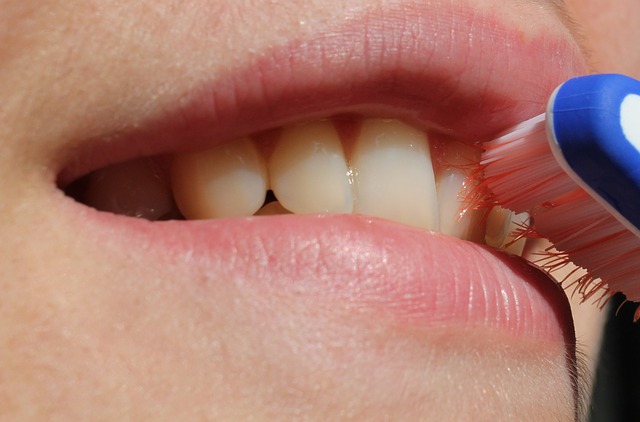Oral hygiene is so important to your child’s overall health. Your child needs healthy teeth in order to comfortably speak, eat, and smile. Good oral hygiene habits begin in childhood, but how do you start to teach your child the importance of caring for their teeth? Here are a few strategies that should get you off to a good start.
1. Supervise the Littlest Ones
When your child is under the age of eight, they need your supervision in order to ensure they’re not only brushing their teeth twice a day but doing so properly. Watch your child brush their teeth, giving them pointers along the way, and step in when needed to brush spots they may have missed.
2. Make Oral Hygiene a Part of Their Morning and Bedtime Routine
Brushing their teeth might never be their favorite thing to do, but if you make it part of a routine, brushing will start to feel more natural. Always have them brush their teeth at the same time in their routine. For example, you can make it the last thing they do before bed and before heading out the door. No matter how busy you are, this part of the routine cannot be skipped!
3. Help Your Child Floss
Flossing their teeth is essential to remove extra plaque and food particles from between the teeth — which is where cavities so often develop. Flossing can be tough for kids, so start by demonstrating on your own teeth. Then, help them maneuver the floss into position in their own mouths. If your child struggles with normal floss, flossing picks may be easier for them to handle. You can floss the back, hard-to-reach teeth for them until they grow more comfortable doing so on their own.
4. Encourage Healthy Food Choices
Your child’s diet directly relates to their oral health. Allowing unlimited amounts of sugary sweets, juices, candy, and all other forms of junk food won’t result in healthy pearly whites. Plus, children who want unhealthy, high-sugar diets when they are young are more likely to crave these foods in adulthood. Opt for healthy snacks instead. Apple slices, string cheese, whole-wheat pretzels, peanuts, and yogurt are all tooth-friendly snacks.
If you like to give your kids a treat from time to time, remember that everything is better in moderation. Your child deserves to enjoy birthday cake on birthdays and candy on Halloween, but these should not be daily indulgences.
5. Set an Example
Your child looks to you as a role model. So make a point to not only look out for their oral health but your own, too. Let them observe you brush, floss, and make healthy dietary choices.
6. Make Regular Trips to the Dentist
Your children should be visiting their pediatric dentist at least once every six months. This checkup is extremely important to maintain their oral health. Children often do better and have more fun at a pediatric dentist. These specialists are true experts in childhood tooth development, and they also know how to talk to children in a way that makes them feel comforted and at ease. Your dental hygienist can offer your child additional tooth care tips, and sometimes children are more likely to listen to advice from adults other than their parents!
Proper oral hygiene habits beginning in childhood help teeth last a lifetime. If your children learn good oral hygiene at a young age, they’ll carry those healthy habits into adulthood. Follow the tip above to get your kids off to a smart start, and reach out to your pediatric dentist if you have any questions or difficulties.
